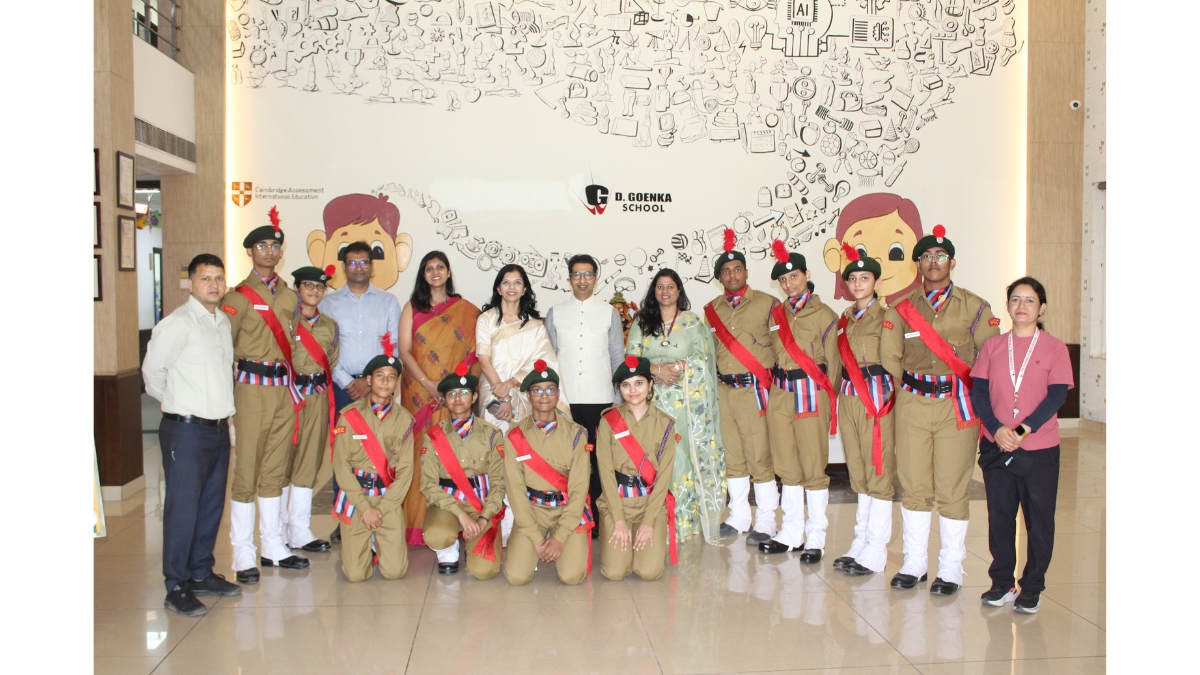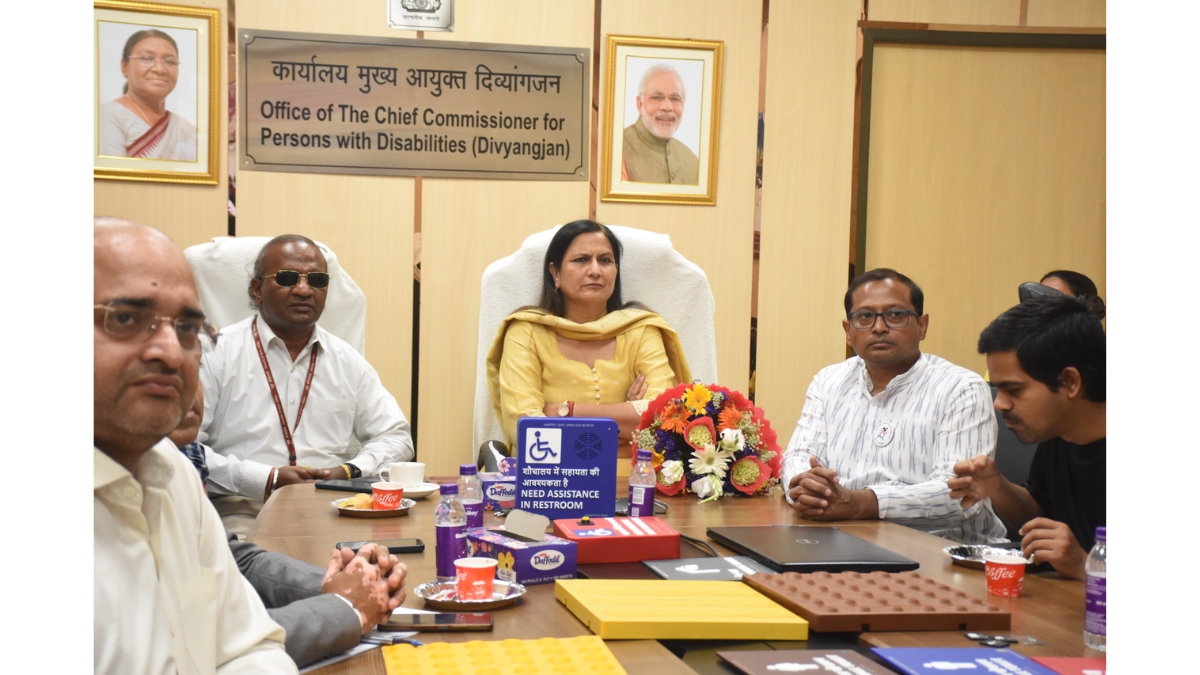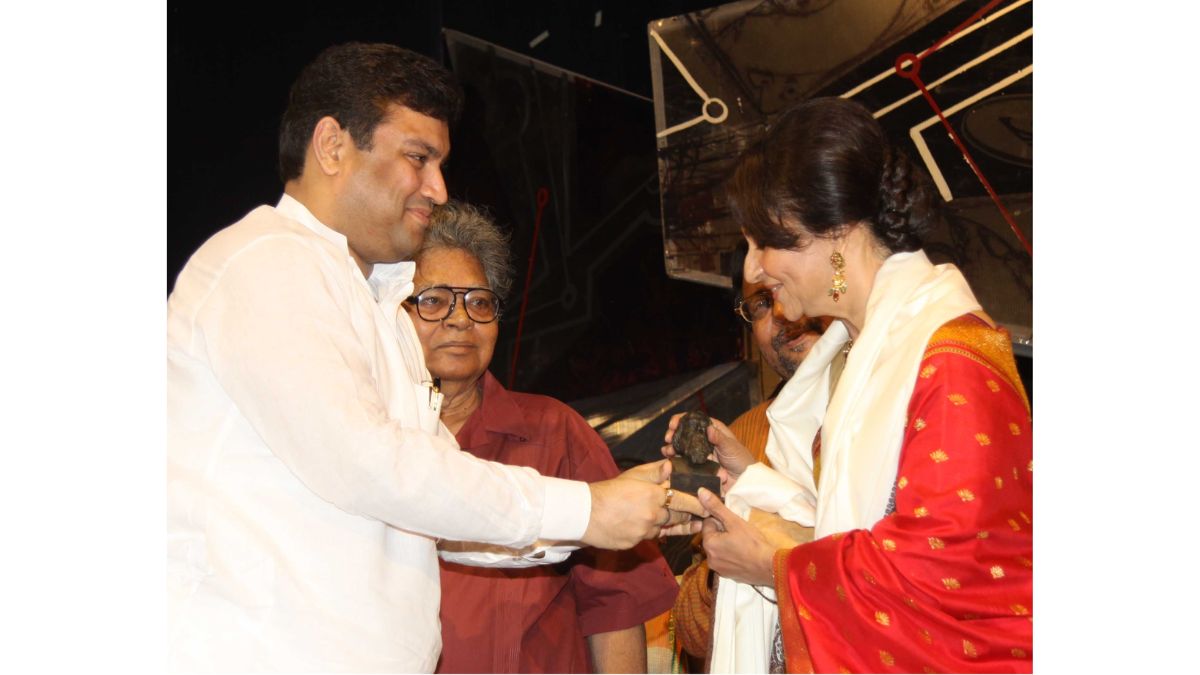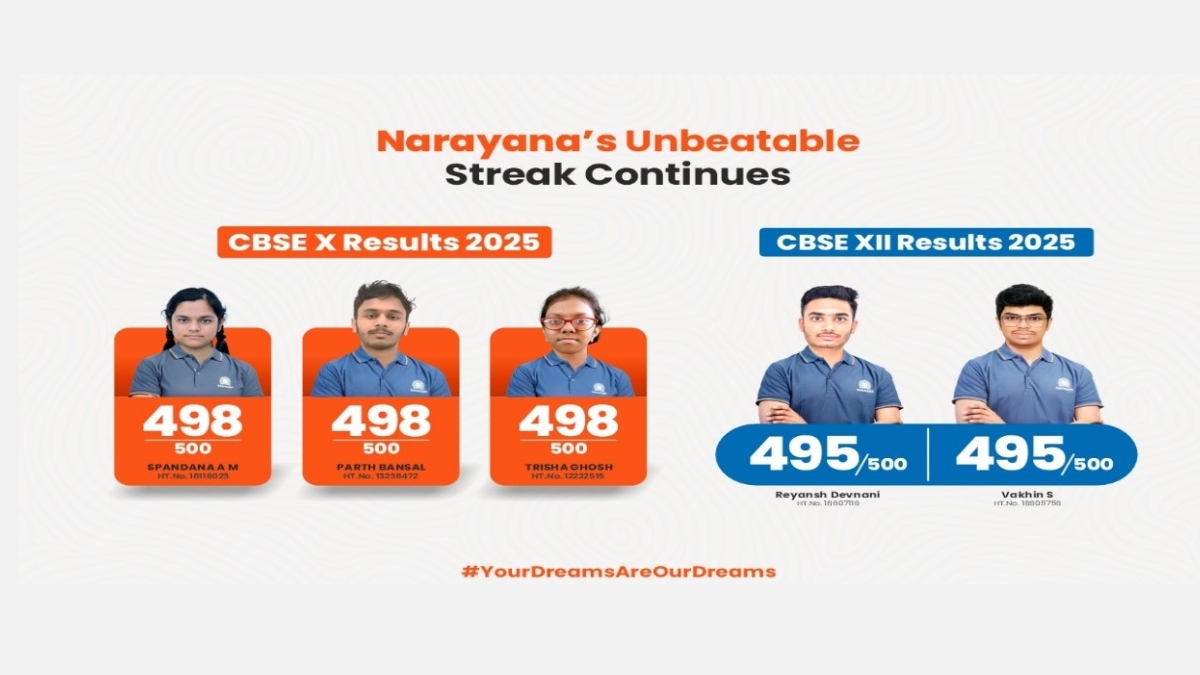Main accused’s family moves Supreme Court
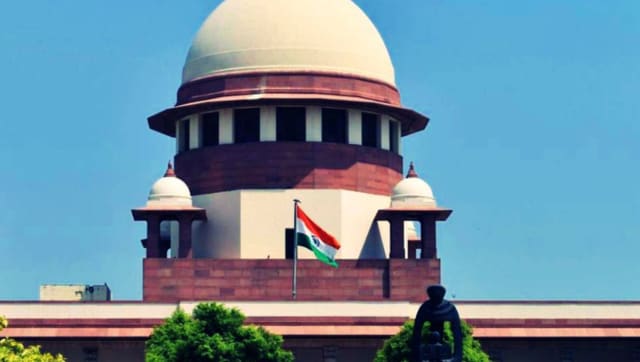
According to Gupta’s appeal, he was turned over to the Czech police three hours after unknown people had wrongfully detained him Image Courtesy PTI
Nikhil Gupta, an Indian national who is being held in Prague on suspicion of taking part in an attempted assassination plot against Gurpatwant Singh Pannun, has stated that he was given a “cold response” by representatives of the Indian Embassy in the Czech Republic.
According to Gupta, this occurred when his solicitors asked the government for assistance in the extradition process that was started against him at the US government’s request.
Gupta is “aggrieved by the blatant negligence and omission” by the Indian Embassy authorities to handle his case with “due care and caution,” according to his family’s habeas corpus petition, which was submitted in the Supreme Court.
Related Articles
Gupta, who is wanted for extradition, is being held at Prague’s Pankrac prison, where he claimed he was being held without authorization.
According to the Supreme Court of India appeal, Gupta was coerced into confessing to the charges, and it also revealed that Gupta’s extradition has been approved by a lower court in Prague.
The petition further stated that Gupta wishes to appeal it but is unable to do so because the order copy is missing.
The petition states that the Indian Embassy in Prague has not responded to requests for assistance made by phone, email, letter, or representation to the Ministry of External Affairs (MEA) or the Embassy.
It claims that Gupta is being subjected to several procedural violations of fundamental human rights and that his rights are in danger. According to the appeal, he has been detained in solitary confinement for the last 100 days on the guise of having an infectious disease and has been made to eat pork and other non-vegetarian meals against his religious beliefs.
The petition states that the “Indian Embassy were mute spectators” to the “there is an attempt by the US Agencies to pressurise (sic) the Czech authorities to ensure he doesn’t receive any help or assistance (legal)”.
Judge Sanjiv Khanna’s bench postponed the hearing on Gupta’s petition until January 4.
But the bench said out loud that it was far too delicate an issue for any ministry to handle. The court informed Gupta’s attorneys, senior advocate C.A. Sundaram and lawyer Rohini Musa, “It’s for them (ministry) to decide.”
The bench also recommended that the family file a case with the court that has jurisdiction over the alleged legal transgression.
The bench decided to hear the case in January after hearing the attorneys’ argument that their client was requesting relief for appropriate consular assistance in Prague. The court stated that the advocates’ request for an in-chamber hearing will be taken into consideration at a later date.
In the petition, it is said that on June 30, shortly after receiving his immigration clearance, Gupta was picked up from the Prague airport. It also says that he was in Prague for vacation and to look into possible business ventures.
According to the petition, the guys who first took him into custody at the airport did not identify themselves. They also made him wait in an SUV with two other men, and they made him unlock his phone.
He was then informed that the men were American agents who had detained him on the basis of a US Justice Department indictment charging him of plotting murder.
According to Gupta’s appeal, he was turned over to the Czech police three hours after unknown people had wrongfully detained him. He was denied consular access and was not permitted to communicate with his family at the time. According to the petition, the Indian Embassy was never informed by the Prague police or local authorities that he had been taken into custody.
Twenty days after Gupta’s arrest, an Indian Embassy representative paid him a visit in prison. His family continued to email the Indian Embassy in Prague and the Ministry of External Affairs during that period, but they received no answer. The jail officials turned rejected his numerous pleas to get in touch with the family or the Indian Embassy.
Finally, on July 21, the Prague High Court granted his request and allowed him to call his family.
But during the first week of August, the jail administration once more refused him permission, claiming that the company that helps prisoners make international calls had ceased to offer services for calls to Indian phone numbers.
He was coerced into agreeing to his extradition by the defence lawyer the Czech government gave him.
The petition claims that the accusation against Nick—who goes by Nick—in the indictment, which served as the basis for his detention, is unrelated to Gupta.
Thus, he claimed, it was an instance of misidentification.
The petition contested his arrest, arguing that it was carried out without a red corner notice. Neither the airport in New Delhi nor the one in Istanbul, when Gupta boarded a subsequent aircraft to Istanbul, ever stopped him.
According to the suit, Gupta was only able to retain legal counsel in August following his reconciliation with his family. He was transferred without warning the Indian Embassy staff to a new prison in Brno and placed in solitary confinement without warning them, citing a “serious blood infection”.
According to the appeal, Gupta has not received a copy of the medical records.
He never gave his permission to be forcedly injected with medications in Brno. The appeal further stated that this was a component of the coercive strategy used by US officials to get him to acknowledge his involvement.

Atul Tiwari is a seasoned journalist at Mumbai Times, specializing in city news, culture, and human-interest stories. With a knack for uncovering compelling narratives, Atul brings Mumbai’s vibrant spirit to life through his writing.




